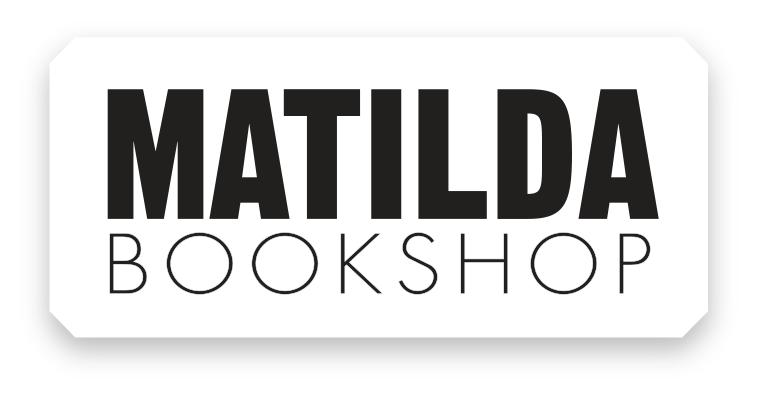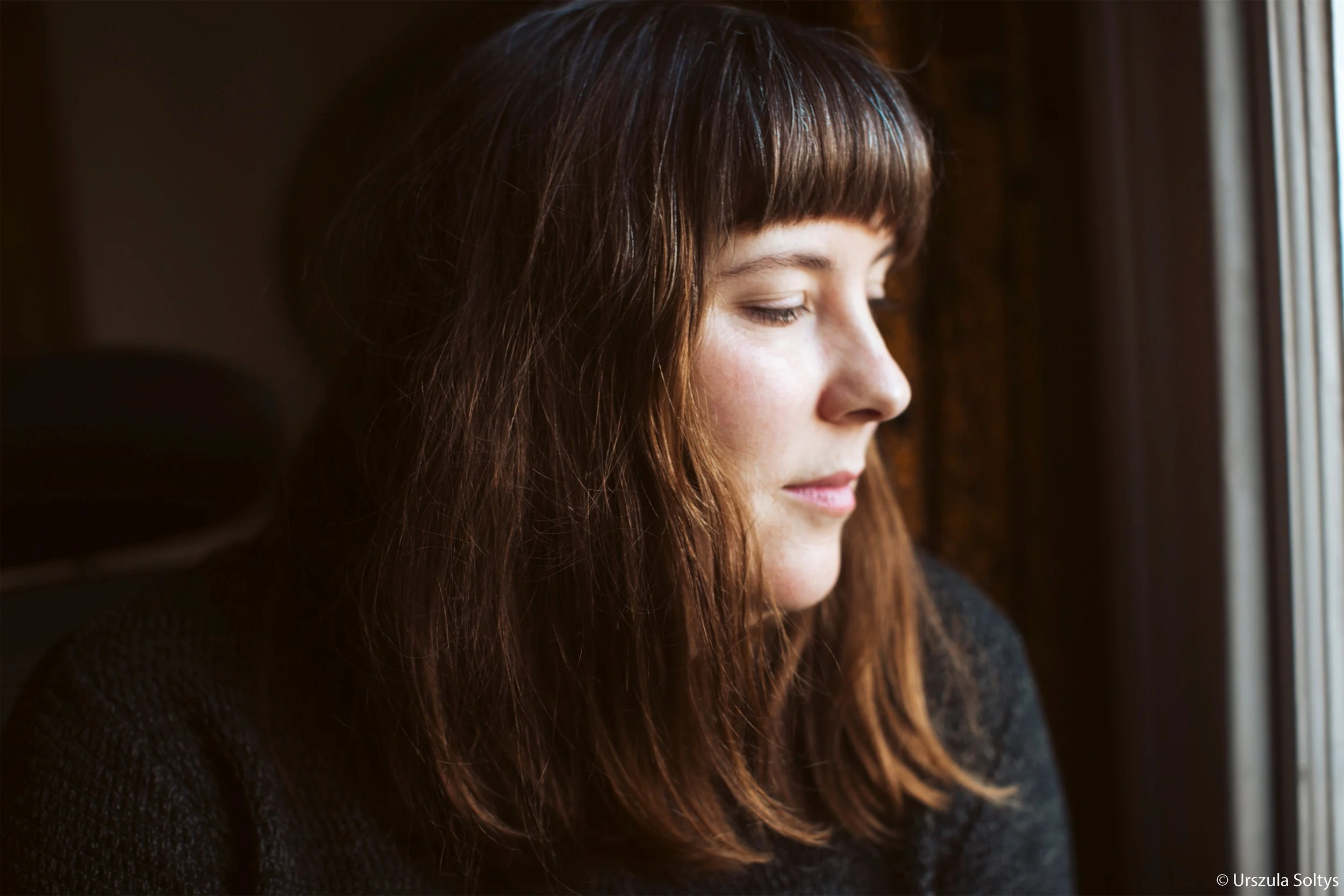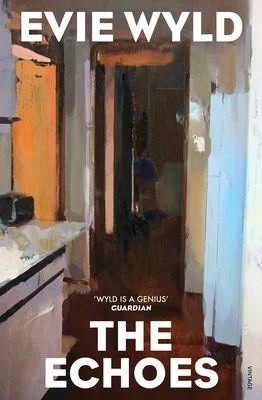
Evie Wyld grew up in Australia and the UK. She is part owner of Review, a small independent bookshop in London. Her first novel, After the Fire, A Still Small Voice, won the John Llewellyn Rhys Prize and a Betty Trask Award. In 2011 she was listed as one of the Culture Show’s Best New British Novelists. She was also shortlisted for the Orange Prize for New Writers, the Commonwealth Writers’ Prize and the International Dublin Literary Award. In 2013 she was listed as one of Granta’s Best of Young British Novelists. Evie’s second novel, All the Birds, Singing, was published in 2013. It won the 2014 Miles Franklin Award, the Encore Award and the Jerwood Fiction Uncovered Prize, and was longlisted for the 2014 Stella Prize and the Baileys Women’s Prize for Fiction, and shortlisted for the Costa Novel Prize and the James Tait Black Memorial Prize. Her third novel, The Bass Rock, won the 2021 Stella Prize. Her graphic novel with illustrator Joe Sumner, Everything Is Teeth, was published in 2015.
Why do you tell stories?
I tell stories to try and figure out what I think about the world, and to try to and understand humans a bit better.
Describe The Echoes in one (or two) sentence(s)?
A woman is watched by the ghost of her boyfriend and he sees all the things he didn’t see while he was alive.
The structure of The Echoes, a multiplicity of voices and perspectives from different times, is seamless on the page to the reader. Was this kind of ornate structure a nightmare or a joy for you as the writer?
I feel like Joy and Nightmare are sisters – the nightmare part of it is have I spent 4 years writing absolute nonsense, is this even a novel at all? But the joy is in the playfulness of this part of the process, in exactly the same way you’d complete a jigsaw puzzle – slowly fitting the pieces together, finding the edges and all that. There’s deep satisfaction to be had when two voices end up next to each other and they create a third space of connection and surprise.
Did Max's voice, a reluctant ghost, arrive to you early in the process of writing this book?
It did – in parts he’s not far off the voice of my husband and we were in the first lockdown of the pandemic in the UK so in close quarters with each other.
Are there challenges non-writers can never understand about having a main narrator of a novel who inhabits the liminal space of not being able to physically interact with the world?
I don’t know if non-writers could never understand it, but the fact that Max cannot exact change on anything makes his thread a difficult place to have a story arc. But these challenges are what drive writers on – it’s interesting to think around these limitations.
Has your geographical distance from Australia allowed you greater clarity in understanding the issues we've wrestled with as a nation, unsuccessfully, since 1788? Do you still carry a kernel of Australia at your core?
My kernel is very much Australian. But the fleshy casing is English, and I don’t know if it allows me greater clarity being an outsider – if anything it gives be a further anxiety about passing comment. But I think – and I may well be wrong – that silence is worse than trying to acknowledge – inarticulately and with great fluster –the Problems caused by colonisers.
Do you think being a bookseller, with its many attendant joys and challenges, has impacted your writing at all?
I think it’s helpful to see the sheer amount that is published, and how quickly it can disappear from the shelves. I don’t think it makes me write differently, but it makes me take my time – there’s no point in rushing something just to have it out there.
When and where do you write?
If I was single and childless I would get up at 5 and write until 9, and then I would go swimming and then I would have coffee and a pastry in a nice cafe and write again until about lunchtime. As it stands though, I write in the pockets of time that life affords, generally I’m better in the mornings – but these are taken up with getting ready for school and getting dressed and pleading with my son to eat three more bites of toast. I work best I’ve found in a busy faceless chain café, which is aesthetically disappointing, but I wonder if that ideal writer version of me who goes swimming would write anything of value.
What are three things that sustain you as an author, or while you’re writing?
Black coffee, folk horror, pastry.
Name three books that you couldn’t live without.
Let us Now Praise Famous Men by Walker Evans and James Agee; John Brown, Rose and the Midnight Cat by Jenny Wagner; Sharks: Silent Hunters of the Deep, Readers Digest.
Bonus Question(s):
What books are currently on your to be read pile? OR what books were crucial to the writing of The Echoes?
TBR abridged pile: Highway 13 by Fiona MacFarlane; Cloistered: My years as a nun by Catherine Coldstream; This House of Grief by Helen Garner; Stone Yard Devotional by Charlotte Wood.


